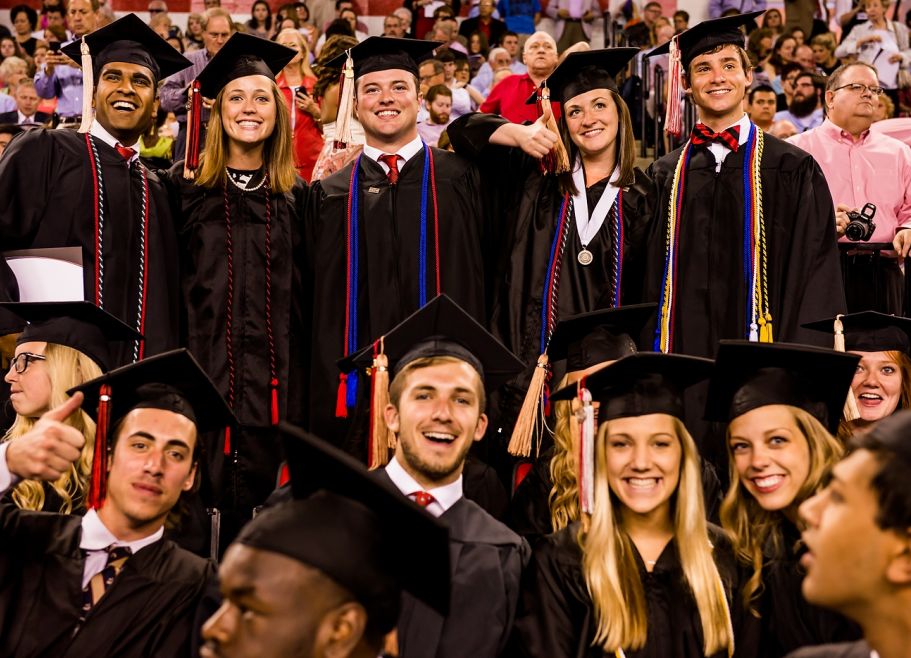JOURNALS || EIJO Journal of Engineering, Technology and Innovative Research (EIJO – JETIR) [ ISSN : 2455 - 9172 ]
Abstract
In digital communication the error correction capability is better as compared to analog communication. When in digital transmission system bits get corrupted, then error occurs. For improving the error correction capability, turbo codes are used. Turbo codes are the parallel concatenation of two convolutional codes. For that purpose an interleaver is used which separates the code. In digital communication system, the use of turbo codes enhances the data transmission efficiency. When turbo codes are used then Bit Error Rate (BER) performance reaches the Shannon’s channel capacity limit. The most popular iterative decoding algorithm requires an exponential increase in hardware complexity to achieve higher decoding accuracy. In this paper Log-MAP Iterative decoding algorithm is used for describing turbo decoder.
Keywords: Convolutional Codes, Iterative Decoding, Turbo Codes, SISO Decoder.
[1]. Jagdish D. Kene, Kishor D. Kulat, “Performance Evaluation of IEEE 802.16e Wi-Max Physical Layer”, IEEE Conference Proceedings' NUiCONE, 8-10 December 2011, PP. 1-4.
[2]. Jagdish D. Kene, Kishor D. Kulat, “Performance Optimization of Physical Layer Using Turbo Codes: A Case Study of Wi-Max Mobile Environment”, IEEE Conference Proceedings, ET2ECN, 19-21 December 2012.
[3]. L. Bahl, J. Cocke, F. Jelinek, and J. Rajiv. Optimal decoding of linear codes for maximum symbol error rate. IEEE Transactions on Information Theory, Volume 20(2):Pages 284–287, March 1974.
[4]. T.A. Summers and S.G. Wilson, "SNR Mismatch and Online Estimation in Turbo Decoding, "IEEE Trans. on Comm. Vol. 46, no. 4, pp. 421-424, April 1998.
[5]. P. Robertson, P. Hoeher, and E. Villebrun, "Optimal and Sub-Optimal Maximum A Posteriori Algorithms Suitable for Tarbo Decoding, " European Trans. on Telecomm. vol. 8, no. 2, pp. 1 19-126, March-April 1997.
[6]. P. Robertson, E. Villebrun, and P. Hoeher, "A Comparison of Optimal and Sub-optimal MAP Decoding Algorithrrts Operating in the Log Domain" International Conference on Communications, pp. 1009-1013, June 1995.
[7]. S. Benedetto, G. Montorsi, D. Divsalr, and F. Pollara "Soft-Output Decoding Algorithm in Iterative Decoding of Turbo Codes," TDA Progress Report 42-124, pp. 63-87, February 15, 1996.
[8]. J. Hagenauer, and P. Hoeher, "A Viterbi Algorithm with Soft-Decision Outputs and Its applications, "Proc. Of GLOBECOM, pp. 1680-1686, November 1989.
[9]. J. Hagenauer, Source-Controlled Channel Decoding, "IEEE Transaction on Communications, vol. 43, No. 9, pp. 2449-2457, September 1995.
[10]. Module 6 “Channel Coding” Lesson 37 “Turbo Coding” version 2 ECE IIT, Kharagpur.
[11]. M Valenti. Iterative Detection and Decoding of Wireless Communications. PhD thesis, Virginia Polytechnic and State University, July 1999.



